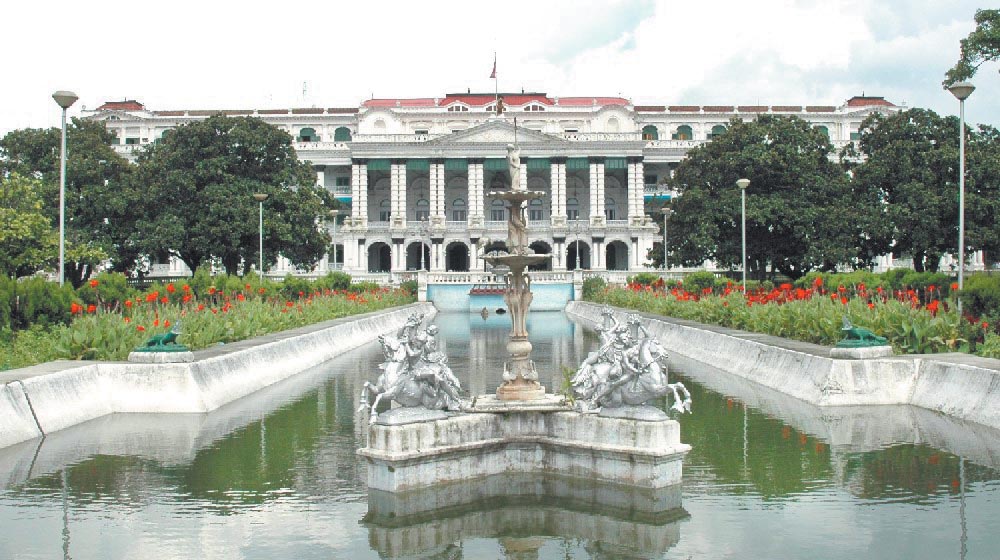Government mulling over making local level permit mandatory for foreign trip
- This will curb human trafficking, as smugglers use tourist visas to ferry Nepalis abroad
Kathmandu, September 26
The government is mulling over making it mandatory for Nepalis to get a clearance from local bodies before leaving for a foreign destination on a tourist visa — a move that human rights activists say would infringe on citizens’ right to mobility.
If the proposed rule is enforced, people, who go abroad to countries like Singapore and Thailand for vacation, medical treatment or other purposes, will have to get a permit from the local government every time they leave Nepal.
The draft of the Immigration Guideline prepared by the Department of Immigration states that every Nepali, who travels abroad on tourist visa, must get a recommendation letter from the local government stating that the traveller is ‘financially sound’ to make the trip. The letter issued by the local body must be shown at immigration points at the time of leaving the country, states the draft guideline, which is still being discussed and has not been forwarded to the Ministry of Home Affairs for approval.
“We have incorporated this provision to curb human trafficking, as smugglers use tourist visas to ferry Nepalis abroad,” DoI Director General Ishwor Poudel told THT. The proposed provision, according to Poudel, will also help control smuggling of commodities like gold.
“We found that a person had travelled to Dubai 10 times in a month to smuggle gold to Nepal,” said Poudel, who was also the convener of the 33 kg gold smuggling investigation committee. “We hope the proposed provision will discourage such persons from engaging in illegal activities like gold smuggling.”
The draft of the Immigration Guideline has also proposed that Nepalis visiting foreign countries on tourist visa possess at least $1,500, up from $500 at present, to substantiate that they have adequate resources to cover expenses abroad. This provision, according to Poudel, will not apply to those visiting foreign countries for employment or higher education.
“These provisions that are being introduced on the pretext of curbing illegal activities, like human trafficking, will not be able to meet their desired goals and will only pose a threat to people’s right to mobility,” National Human Rights Commission member Mohna Ansari said, adding, “Rules, regulations and policies should be framed after conducting thorough study. If they are framed on a whim, they will not sustain.”
The latest government move comes a month after former Maoist combatant Lenin Bista was prevented from boarding a plane at the airport “for not seeking permission from any government agency for his foreign trip”. Bista, who was leaving for Bangkok to attend a seminar, had said that he was barred from travelling abroad as the government feared he would shed bad light on the Maoist insurgency that continued from 1996 to 2006.






